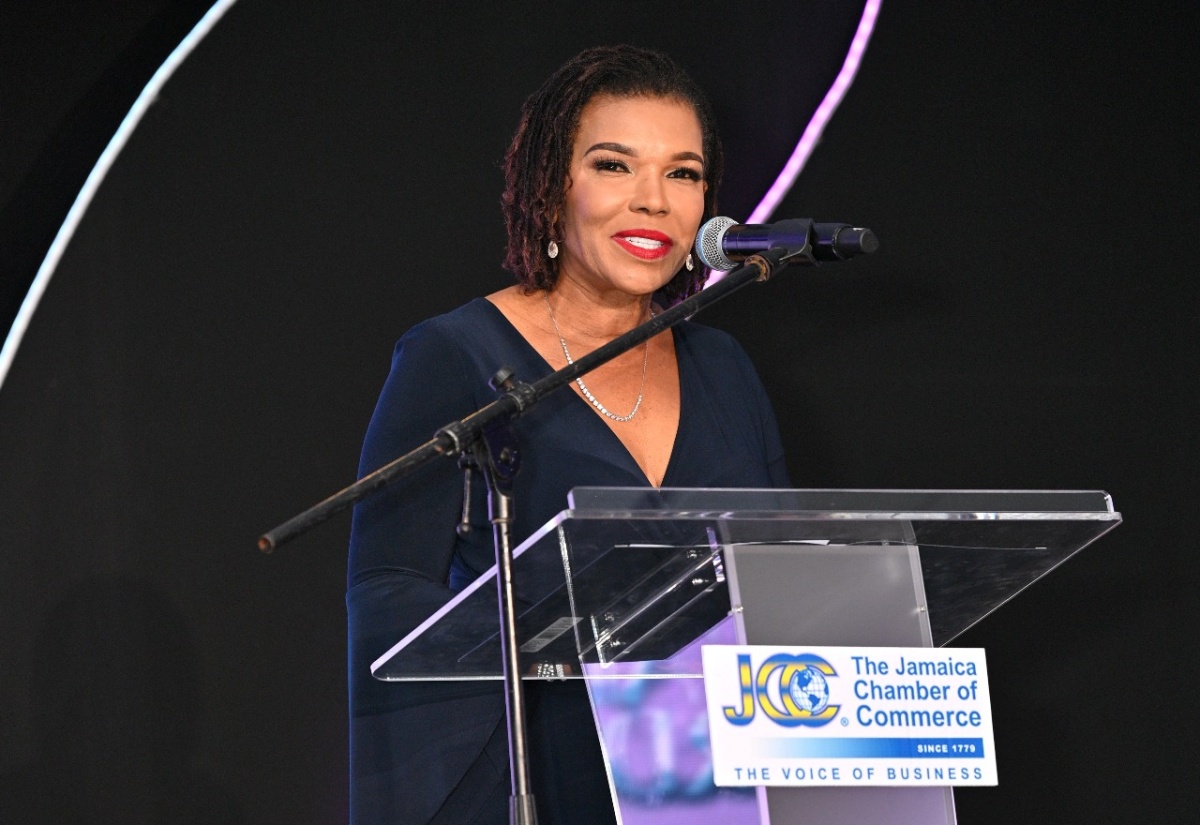As markets become increasingly competitive and opportunities for growth and expansion diminish, entrepreneurs and CEOs look to mergers and acquisition to grow their business. In Jamaica a number of such initiatives have taken place over the last 12 to 18 months.
One of the big reasons entrepreneurs and CEOs look to business combinations like this is to control uncertainty and the future – thinking about where their companies will secure critical supplies, where their competition comes from today and tomorrow, and how they can reduce the effects of an ailing business.
A merger occurs when two companies combine to form one new company. In this case there is nothing left of the combining companies. An acquisition on the other hand is when one company buys another and it becomes part of the buying organization.
Other forms of business combinations include joint ventures, and consortia. A joint venture is when two or more separate companies form a third business that is controlled and owned by the others (called the parent organizations). A consortium on the other hand is when many companies pool their resources to solve one problem. For example, many pharmaceutical companies may put their money together to work on an R&D project that provides all the companies with the results.
So while not a new or innovative business growth strategy the recent spate of mergers warrant some amount of attention and focus.
The recent merger of GSB and Churches Co-op Credit Unions was a move designed to create critical mass and strategic alliances. The merged entity renamed and rebranded First Heritage now features a combined membership of over 165,000 and a total asset portfolio of J$8.04 billion making it now the second-largest credit union by assets, behind the Jamaica Teachers’ Association Cooperative Credit Union. The group as a result of the merger will also be merging or expanding subsidiaries dedicated to funds management and small business loans increasing the overall business portfolio.
“The rationale behind the name First Heritage is based on the fact that CCCU is founded on the merger of three churches that stood as historical examples of institutions of integrity and merit, Secondly, GSB is recognized as the first and oldest credit union in Jamaica, which has served the public sector for over 60 years, having had one Transfer of Engagement. Both credit unions have a combined heritage of over 100 years and both survived the financial meltdown of the 1990s,” said Basil Naar, CEO of Churches, in a release put out by both companies at the time.
Another recent merger is that of The University of the West Indies (UWI) Mona School of Business and Department of Management Studies (DOMS). The merger executed over eight months taking effect August 1 created the largest business school in the region.
Professor Evan Duggan, former head of DOMS and the new dean of the Faculty of Social Sciences under which the new Mona School of Business and Management (MSBM) falls, said that the merger will correct the anomaly of having two business schools on one campus.
“We now have corrected the anomaly and the brand dilution and brand bifurcation it created in the mind,” said Duggan at the official launch of the renamed MSBM.
Insisting that the merger was not simply a matter of cutting operational costs, Duggan said: “We did not go after this for gaining false efficiencies. Through this merger, we will achieve critical mass, plus the economies of scale and scope to address our goals. The merger will also allow for AACSB accreditation, which is the best globally.”
Principal of UWI, Mona, Professor Gordon Shirley, said the new school will benefit from the “strong brand identity” of MSB while the new school will reflect the research and publication productivity of management studies.
Pan Caribbean Financial Services, itself the creation of numerous mergers and acquisitions over the last 10 years, will next month ask shareholders to vote in favor of changing the company’s name to Sagicor Investment Jamaica, a move to more closely align with parent company. The banking subsidiary Pan-CaribbeanBank is also expected to undergo a name change.
“It’s a big move but we think it’s the right thing,” said Donovan Perkins, chief executive officer of Pan Caribbean Financial Services. The company is majority owned by Sagicor Life Jamaica Limited, whose ultimate parent is Sagicor Financial Corporation of Barbados.
“We have a strong affinity; Sagicor owns over 85 per cent of PanCaribbean and so we wanted to reflect that close relationship which most people don’t realise,” he said.
The rebranding will rid PanCaribbean of any confusion between itself and Chinese-owned Pan Caribbean Sugar Company. The investment house felt the need in September 2011 to declare that the two were not associated to clarify public confusion over the names after the Chinese firm entered Jamaica.
Brand recognition was also an important factor in the decision making process as the main gain would be brand recognition and collaborations in areas such as marketing.
“Sagicor has an ambitious objective to maximize and grow. We contribute about 30 per cent of profits to Sagicor and so we are hoping that being more closely align to benefit from the marketing, recognition of the company and the brand in the market place,” Perkins said.
Arising out of the recent acquisition of the Capital and Credit Financial Group (CCFG) in June this year, Jamaica Money Market Brokers Limited (JMMB) has decided to embark on reorganization around a new entity called Jamaica Money Market Brokers Group. JMMB acquired 93 per cent of CCFG in a J$4-billion takeover resulting in the growth of its asset base to J$154 billion and its capital base to J$14.42 billion.
“All it will be is a simple reorganization of the group so the structure is better able to foster operational efficiency and ensure regulatory supervision. So all of those in the new structure will allow for improved business line and diversification in terms of product offerings to customers, which can only lead to increase shareholder value in the long term.” said Ellis at JMMB’s recent annual general meeting.
Keith Duncan, JMMB group chief executive officer, said the rebranding would be spread over a period – the company expects the complete rebranding and restructuring to take three months to a year to finalize.
Capital and Credit Remittances Limited will become CCRL-JMMB Remittances in the transitional phase, but will eventually be renamed JMMB Remittances. Capital and Credit Merchant Bank will also go through a transitional phase to become JMMB Merchant Bank.
Duncan said the strategic focus will be to leverage the group’s strengths and opportunities from the acquisition to grow market share, enhance ‘client intimacy’, and improve operational efficiencies across the territories where the group operates.
Entrepreneurs and CEOs who are also looking for acquisition and merger targets may also find themselves victims and target of others. Entrepreneurs and CEOs, who have been hoarding cash, are now on the prowl looking to buy up competitors on the cheap. With debt cheaply available some companies are bound to be tempted to pursue acquisitions, so prepare defense strategies against bids from rivals. It’s either eat or be eaten in this game.BM

 Businessuite Markets3 weeks ago
Businessuite Markets3 weeks ago
 Businessuite Markets4 weeks ago
Businessuite Markets4 weeks ago
 Leadership Conversations3 weeks ago
Leadership Conversations3 weeks ago
 Businessuite News243 days ago
Businessuite News243 days ago
 Businessuite Women6 days ago
Businessuite Women6 days ago
 Business Insights3 weeks ago
Business Insights3 weeks ago
 Corporate Feature3 days ago
Corporate Feature3 days ago
 Businessuite Markets4 days ago
Businessuite Markets4 days ago











